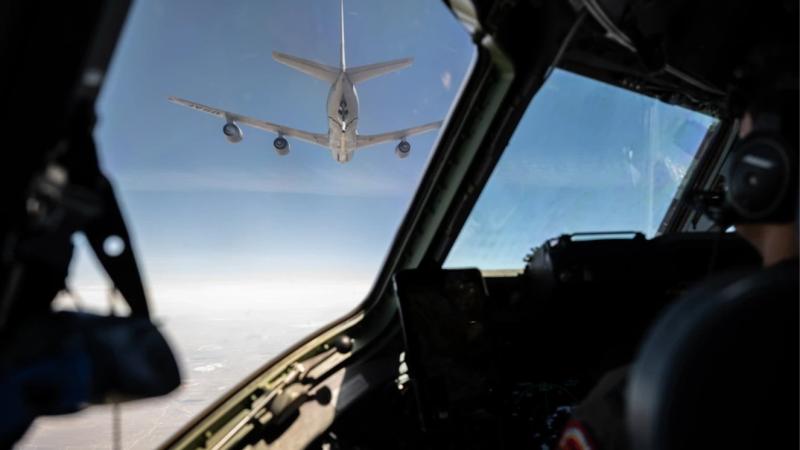ACES ACT: STUDYING MILITARY JET FUEL EXPOSURE AND CANCER
COMMENT
SHARE

Being in the U.S. Air Force (USAF) understandably comes with risks but there are concerns surrounding the cancer rates surrounding pilots. Furthermore, when you consider the current data surrounding jet fuel exposure causing cancer in military members isn’t complete, it’s safe to say more can be done. For these reasons and more, it’s encouraging to see that a new law is working to provide the military with more answers in the hopes of reducing cancer risks for Airmen.

Does Jet Fuel Cause Cancer?
Current research can’t definitively say whether or not jet fuel exposure increases the risk of cancer in military members; however, some studies show it may increase the risk of certain types of cancers.
The main problem when linking jet fuel to cancer in military personnel is that the limited studies provide a small sample size and many failed to provide a procedure for long-term follow-ups.
Types of Cancer
Different studies involving the U.S. Department of Veterans Affairs (VA) and The Pentagon show various elevated cancer risks involving military aviation personnel, including the following:
- Bladder
- Brain
- Breast
- Colon
- Kidney
- Melanoma
- Prostate
- Rectal
- Thyroid
Beyond the risks of jet fuel exposure possibly causing elevated cancer levels in the military, studies also indicate negative effects involving the nervous system, hearing, vision, respiratory system, and mental health are all also possible.

Cancer Risks from Jet Fuel Exposure in Military Personnel
There have been studies before but inconclusive data, even after The Pentagon revisited the idea, have left more questions than answers.
You can find first-hand accounts of military members who have served and believe their cancer is linked to jet fuel along with studies noting that such a connection is possible.
However, more funding and testing, with better, more scientific guidelines long-term, are needed.
Fortunately, the government is looking into the correlation once more through new legislation that can help look at the risks for pilots and aviation crews as a whole.
ACES Act Study on Military Jet Fuel Exposure and Cancer
In January 2025, Representatives August Pfluger (R-Tex.) and Jimmy Panetta (D-Cali.) introduced the bipartisan bill known as the Aviator Cancers Examination Study (ACES) Act.
The purpose of the bill is to define a partnership between the National Academies of Sciences and the VA to study the elevated cancer risks in members of aircrews.
It’s important to note that while airmen are included here, other branches of the military also rely on their own aircrews for operations.
Multiple cancers, including brain, prostate, melanoma, and lung would be included in the study, which will look at how being exposed to certain chemicals and agents may be linked to these illnesses through military service.
While we know from previous studies that aircrew members have a 15% higher cancer risk than the general population, the ACES Act will look at fixed-wing aircraft aircrew serving active duty to figure out why.
"After risking their lives for their country, (airmen) deserve proper health care and answers about the risks they face," said Rep. Pfluger, a USAF Veteran and a former pilot.
We still have a long way to go in understanding jet fuel exposure and cancer in the military or any other source for troops but the ACES Act is an encouraging idea to provide a meaningful study for those serving.
Suggested reads:
Join the Conversation
BY BUDDY BLOUIN
Buddy Blouin is a Contributing Writer at VeteranLife.com
Buddy Blouin is a Contributing Writer at VeteranLife.com



